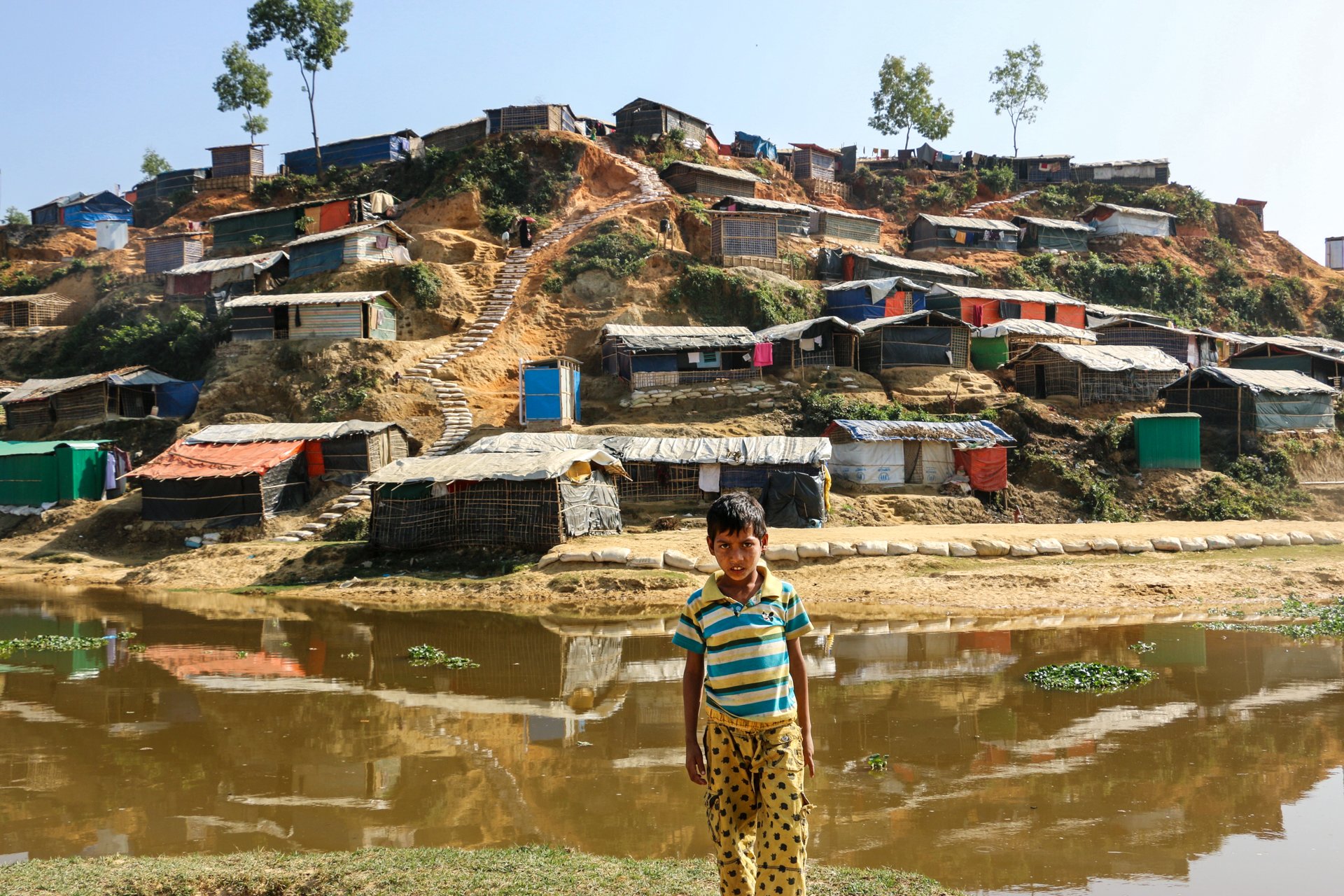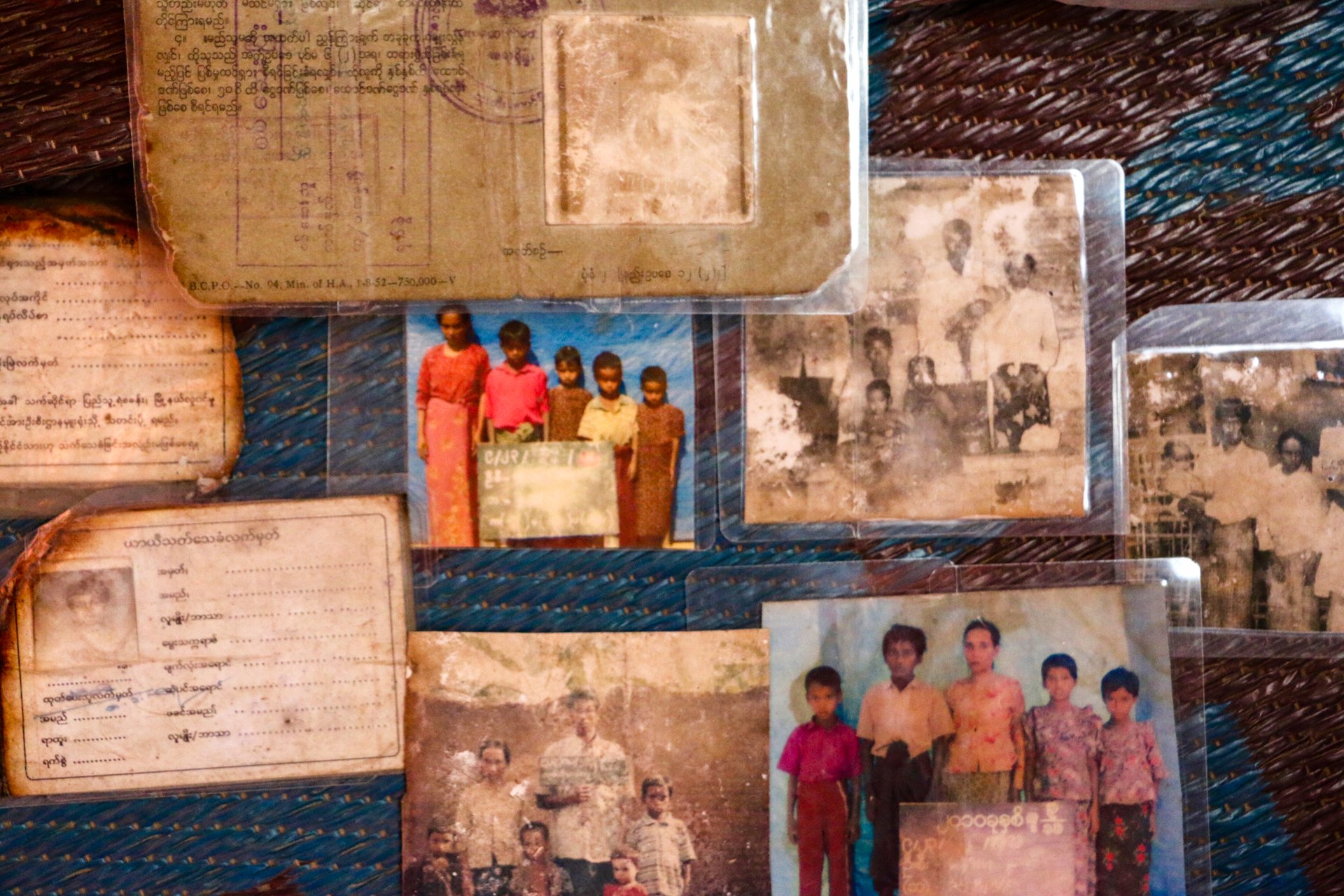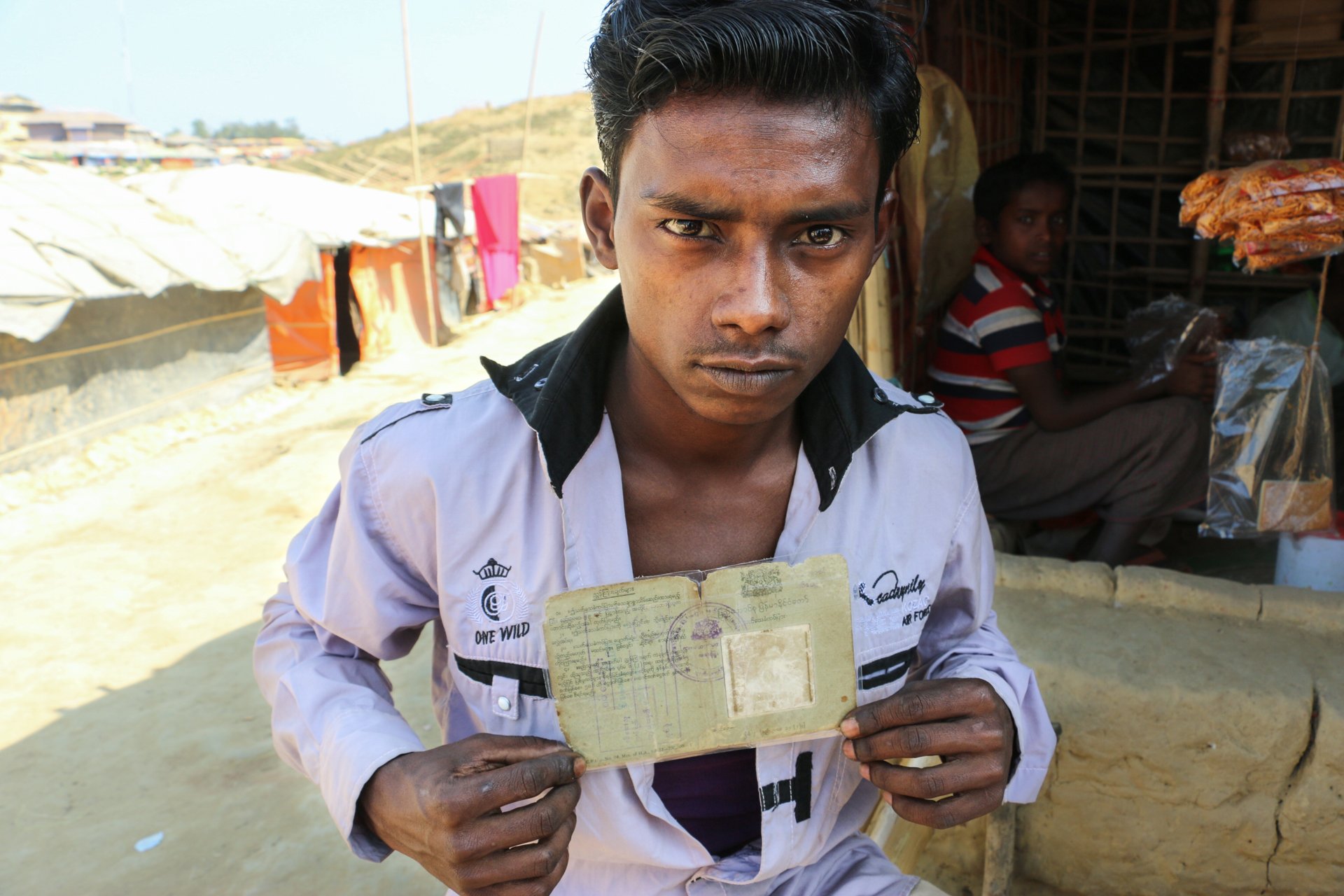In just seven years from 2012 to 2018, the number of refugees worldwide almost doubled, reaching an all-time high of 25.9 million. At the same time, anti-immigrant and anti-refugee sentiments have grown, as nationalist movements and xenophobia have flourished.
The United States – traditionally the largest resettler by far – announced in September that it will only accept a maximum of 18,000 refugees in 2020, down from the 97,000 it resettled in 2016.
Some countries that have borne the brunt of hosting refugees are now pressuring them to return home, or even deporting them.
This week, the inaugural Global Refugee Forum brought 3,000 people to Geneva to announce “concrete steps” towards realising the Global Compact on Refugees, which was adopted last year to improve the response and more equitably share the burden.
The conference ended with more than 770 pledges to support refugees through various channels such as policy and education, and more than $6 billion in financial commitments from the World Bank, the Inter-American Development Bank, and a number of states.
Take a deep dive into our recent reporting on refugee issues from around the world.

Opinion | Three tests for the Global Refugee Forum
Will the 2,000 invitees at the UN’s new refugee event this week take on the difficult issues – from the EU's role in returns to Libya to Australia's offshore processing?

Briefing: The increasing squeeze on refugees to go home
From Tanzania to Lebanon, from Bangladesh to Mexico, from Kenya to Turkey, from Uganda to Pakistan, the pressure to return is growing.

Reporter’s View | Verena Hölzl on covering two sides of a refugee crisis
Hear a correspondent’s reflections on how a genocide unfolds, and why it’s important to ‘humanise’ the stories of people in emergencies.

Greek asylum system leaves unaccompanied minors behind
A quarter of Greece’s 5,000 unaccompanied minors are officially listed as missing, homeless, or living in precarious conditions.

Eritrean refugees defy border closures only to find hardship in Ethiopia
The peace deal with Ethiopia hasn’t stopped the flow of refugees, many of whom choose to head on to Europe or the Americas, if they can afford it.

Pressure builds on Burundian refugees in Tanzania amid threat of forced return
A plan to repatriate 2,000 refugees a week has led to restrictions on NGOs and increased fear among 200,000 Burundians living in Tanzania’s camps.

‘Two different hells’: Mainland offers little respite for refugees in Greece
Rights activists have long pushed to get asylum seekers out of crowded camps on Aegean islands. But big problems await on the mainland too.

Identity and belonging in a card: How tattered Rohingya IDs trace a trail toward statelessness
After fleeing Myanmar, refugees cling to old documents as proof they belong to a country that now rejects them.




